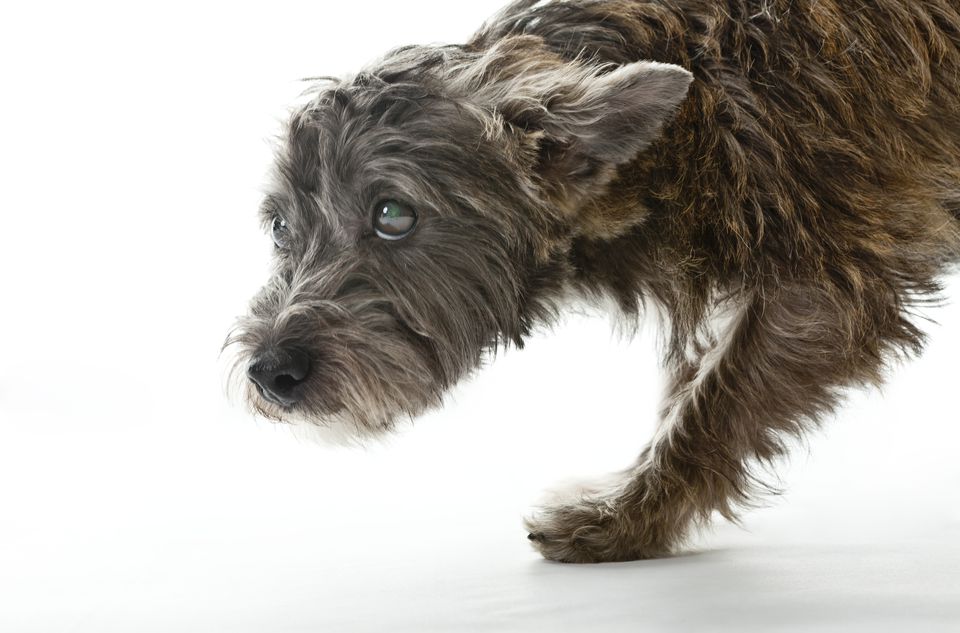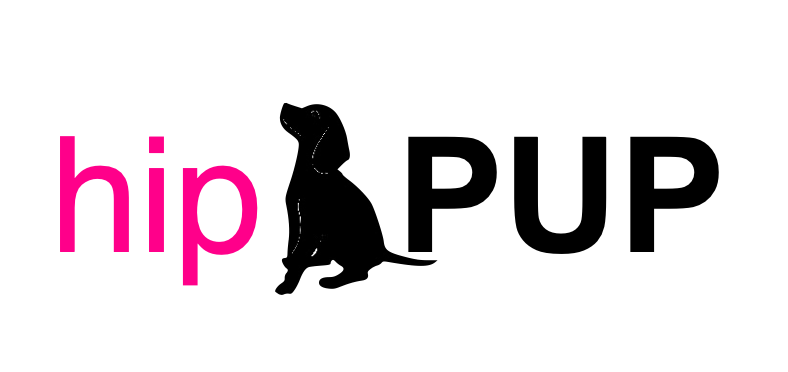As young dogs mature, it’s normal to see changes in their behaviour. Brain development, hormones, changes in sensory perception and social awareness all influence how they respond to things around them – even familiar things. And because young dogs are likely to have shifts in behaviour, it’s important not to take anything for granted.
Ignoring changes in behaviour in hopes they will grow out of it is ill-advised. Not addressing the issue can lead to the behaviour intensifying. Ignoring it may allow it to expand to other situations. This is why addressing changes early is best. Depending on the specific issue, it is possible to support the dog and help them move forward with a more positive response in the first instance of the new behaviour. If you don’t catch it the first time, behaviours that have developed recently are generally easier to shift than ones that have been in place for months or years.
At the very least, you should manage your dog to prevent exposure to the situations that are causing them problems. This may be a short-term solution, but it will reduce the risk of the issue intensifying and the behaviour becoming a habit. Ideally, a modification program will also be implemented to help your dog develop the skills and emotional stability needed to handle the situation.
Here are a few common examples of ways young dogs can catch us off guard:
“My dog used to come when called.”

When pups are young, they rely on us for safety and security. This is especially true when they are out of their familiar home environment. They stick close by and, if they do happen to wander, will readily and enthusiastically return when called. It is easy to get lulled into believing that you have a dog that possesses a great recall and is safe off leash. But then it happens. At 4-5 months of age, they suddenly are more than happy to explore, and want to be away from you more than near you. That almost-perfect recall is nowhere to be found. It can be disheartening, but this change shows that your young dog is maturing and is developing a healthy interest in his environment.
Tip
Continue teaching the recall in secure and easy locations. Use a long line when out to give your dog some freedom while still keeping them safe.
“I think my dog has gone crazy! He’s suddenly terrified of garbage cans.”

This is another one I expect to hear from parents at some point. Young dogs often have sudden-onset fears. These fears may result from an actual experience that has created a negative association. However, as young dogs mature, it is just as common to suddenly be uncomfortable with formerly acceptable objects or situations because they have entered a fear period or have increased sensory awareness.
Tip
Socialization to things in the environment shouldn’t stop once puppy class is over. This essential part of their education must continue as they are maturing. Building positive associations and watching your dog’s body language for signs of stress or concern must be a top priority until they mature emotionally and mentally.
Want more info on how to set up successful socialization? Read this.
“I just caught my dog up on the dining room table!”

Many parents may see antics like this as their dog testing them. However, it is often as simple as a bigger, more capable body enabling them to do something that wasn’t previously possible. A developing body and mind can change how dogs interpret and interact with their world. So don’t be surprised if you catch yourself thinking, “What in the world!? They’ve never done that before!”
Tip
How you handle these anomalies influences how your dog feels and whether they will be motivated to repeat them. Staying calm to not add more value to the behaviour while casually redirecting them to a preferred activity is an excellent way to get through sticky situations.
Resurrecting old management protocols or introducing some new ones may also be required temporarily. Don’t think of having to do this as a failure or setback. It’s good parenting. You are supporting your dog where they are.
“My dog just attacked a puppy! He’s never been aggressive before!”

It’s not unusual for parents to be caught off guard when their formerly friendly and playful dog is suddenly ‘mean’ to another dog. It is especially common with older adolescents. As dogs mature, they often become more selective about who they want to associate with. Of course, some dogs remain party animals into adulthood, but this is not the norm. And although there are dogs that are appropriate or even playful with pups, the consensus among most is that pups are annoying, unpredictable and best avoided.
Tip
We need to cut our dogs some slack if they prefer to keep their distance. They shouldn’t be labelled as defective if they don’t want to say hi. If they have issues with a particular age group, breed or personality type, don’t force them to get along or interact. Instead, help your dog learn to stay calm and ignore the dogs in question through a combination of management and conditioning, I also recommend getting young dogs in the habit of passing by or calmly hanging out at a comfortable distance. This would prevent so many issues that we see with dogs now.
I hope this has shown you that changes are an expected and normal part of your dog’s development. Recognizing this and being proactive will help both you and your dog get through this stage of their development more smoothly.
But one more thing. Changes that may seem sudden often have been in the works for some time. And there are usually signs. Not-so-subtle indicators to the trained eye that are typically missed by parents. Are you intrigued? Want to learn more about it? Stay tuned for my next blog, where I discuss what to watch for and what to do when you see these red flags.
Have you noticed any changes in your dog’s behaviour? Let me know in the comments.
You can check out my blog here.


An additional point that needs to be mentioned is that if you notice a sudden change in your dog’s behaviour, you should rule out pain or an underlying health condition. If these are not addressed, then remedial training will not be as effective.